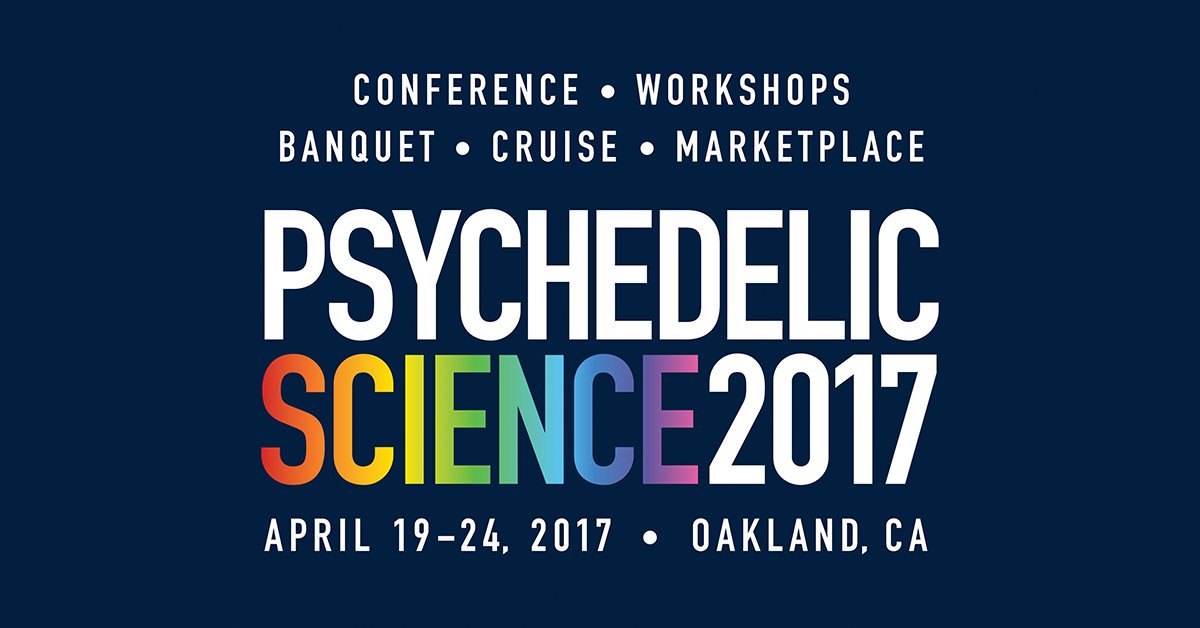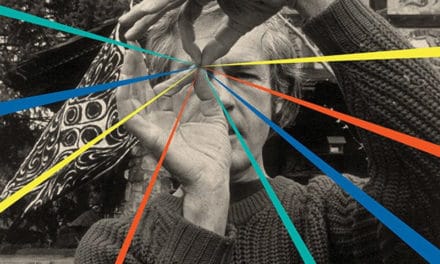
Dr. Ryan Westrum is a psychedelics integration therapist based in Minneapolis, MN. He is the co-author, alongside Dr. Jay Dufrechou, of The Psychedelics Integration Handbook, which has received significant attention and circulation since its publication in late 2019. The Handbook contains countless strategies, frameworks, and models for the work of psychedelic integration, which has become one of the most prominent points of discussion in psychedelic conversations of late. In this interview, we hear more from Dr. Westrum about the process of integration, the pitfalls of psychedelic work, and how we can avoid the traps of “spiritual bypassing” by coming to terms with our shadows.
Thanks for taking the time to talk, Dr. Westrum. Let’s start with some basics. What is integration, and what does it mean to be a psychedelic integration therapist?
Integration is making the psychedelic experience practical. We can go to Mars and see the galaxies and transcend into union with spiritual identities, but if we are unable to bring it back into our practical life, we are not going to be able to function. I think a large aspect of integration, specifically with psychedelic medicines, is the opportunity to walk with it in your world. It’s not just how many yoga classes you do, but incrementally building rituals that bring in a sense of wholeness.
Integration is a going toward, an evolution of. That might mean it meanders. We might be walking and realizing we should be eating better. But if that does not register to you, there is no value in it. Integration is not forcing yourself into some objective state. I want you to subjectively make integration your own.
A psychedelic integration therapist is not an underground therapist. There might be people identifying as underground therapists, and I appreciate the courage that they have, but an integration therapist is someone who helps with intention setting and preparation before and who helps process psychedelic experiences after, all while offering support at any given level. In my imagined version, it’s a classical therapist who specifically understands the territory of the experience so they can relate without judgment and help bring the person back.
I will be a broken record on the value of being able to walk with it. If you are unable to know your ZIP Code or what your phone number is, you are not psychedelically integrating, because we are still on this big rock moving toward something. A psychedelic integration therapist asks, “What are you going to use this for?” and “How are you going to implement it into your life?”
A psychedelic integration therapist does not administer medicine. But are there legal concerns in being so open about helping someone integrate or prepare for a psychedelic experience?
I feel safe about having this conversation publicly because it’s harm reduction. I talk directly to parents about teaching their kids what is right and what is wrong with psychedelics. I am not advocating for the illicit use of these compounds. I want to give psycho-education around it.
With my license, I am qualified to talk about consequences. I look at it not only as a harm reduction model, but as consequential, no different than if a couple is looking to get divorced. I ask, “What is the outcome if you stay together, and what is the outcome if you divorce?” Same with psychedelics. We play through the whole cartography of outcomes and potentials.
What are some of the biggest misconceptions you hear about integration?
One of the biggest myths is that it is a passive exercise. Integration does not symbolically just transfer into I had this experience so now I benefitted and can use it. There’s a lot of what I call “digesting” of the experience that integration is needed for. That’s not passive. We are working toward, and we are working within.
Another misconception is that it stops—that there’s a qualified time period when we are integrating, and there’s a qualified time period when we are ready to go on to the next thing. It’s not as simple as Starting Points A, B, and C. We need to qualify that it is ever-organically moving.
People often say, “Well, I’ve integrated that”—say a proverbial trauma, or recollection from childhood. But nothing is ever gone. That’s one of the biggest misnomers. Psychedelics are not the magic pill that will make it disappear. With active integration, it will soften, but it’s not going to go anywhere. I’m sorry to be the grim reaper of psychedelic integration, but it’s an active process. If you forget that, it starts to become a problem.
I think that touches on one of the bigger misnomers about psychedelics in general. It seems the media attention has energized a perspective that one psychedelic experience can release things forever. Like the ayahuasca purge—I will encounter this demon inside me, this addiction, and I will get it out. You point to the fact that psychedelics catalyze an ongoing process.
I would definitely say there’s room for synchronistic coincidences in ceremonial situations, such as the ayahuasca purge, that give more bandwidth that can lead to cathartic experiences where it’s like, “Now the addiction’s gone.” But from my experience of doing this for fifteen years, I have witnessed that if someone has suicidal ideation or alcoholism for twenty years, there’s going to be a need for a gradual process to release all the layers of demons.
And I think this builds a kind of reverence for the human being. There’s an ownership of your life and your biographical story. If you think you are going to forget the person that died of cancer, or forget your history of abuse, you are not owning who you are as a human being and what’s created you to be this beautiful spirit. It’s leaning into that Jungian shadow element, where accepting your shadow is necessary to be whole.
Rather than trying to cut off the shadow.
Right.
That brings up one of my interests: spiritual bypassing, which feels related to shadow and has important manifestations in this psychedelic field. Would you describe that term and how you see it manifest in psychedelic journeys?
I love that you’re interested in that topic, because I think right now we are facing the conundrum of whether psychedelics will be the spontaneous catalyst introducing us to a longer process, or the catalyst for us to bypass doing the work. Unfortunately, depression leans into we want to get rid of it, where we don’t want to look at or work on our darkness or nihilistic behaviors. We just want to exile them.
When you talk about it as it relates to clients in this office, they end up not wanting to take the hard look. They don’t want to look at where the shadow comes from, what the nuances are. I don’t want to call spiritual bypassing a cop out, but it’s where integration hits a brick wall.
A theme will come up multiple times with clients. They’ll say, “I’m seeing the same thing. Self-hatred. Self-obsession. Control and power.” I’ll ask them, “What are you doing outside of these sessions to look at those, as Stan Grof calls them, COEXs (condensed experiences)?” They’ll say, “Well… nothing.” And I’ll say, “That’s where the integration process is.”
What are your thoughts?
I suppose that it’s hard to look at our shadows. Like you explain in your book, the shadow contains those parts of ourselves we cannot talk comfortably about. But it’s always here. I think the work of integration takes a constant reevaluation of our perspective of ourselves, a continual willingness to be radically honest and recognize subconscious trends. I feel like spiritual bypassing can occur through returning excessively to the psychedelic state and not doing the work of integration.
A hundred and fifty percent. And ultimately, that’s my goal, personally: as much as I would love a Huxley experience of taking LSD before I die, it would be really pleasurable to get my psyche, soul, and spirit prepared without any of this. Isn’t that the nuance you are exploring with your spiritual bypassing education? Is it the Zen Buddhist who has been meditating for a hundred years and then tries psychedelics and learns something new, or is it the psychonaut who ends up transcending to Zen Buddhism? It’s a koan that’s unanswerable. It’s a combination of both. It’s parallel processing.
I had an experience of this where I ate some mushrooms seeking clarity on a challenging emotional situation that kept manifesting. But that emotional situation just amplified in the psychedelic state. It was like I was getting beat over the head with the message, “You know what to do. You haven’t been meditating. You haven’t been setting intentions. You don’t need these mushrooms right now.”
Right. I think they are sacraments, but they will also tell you to step away. Like what Alan Watts says—if you get the message, hang up the phone.










